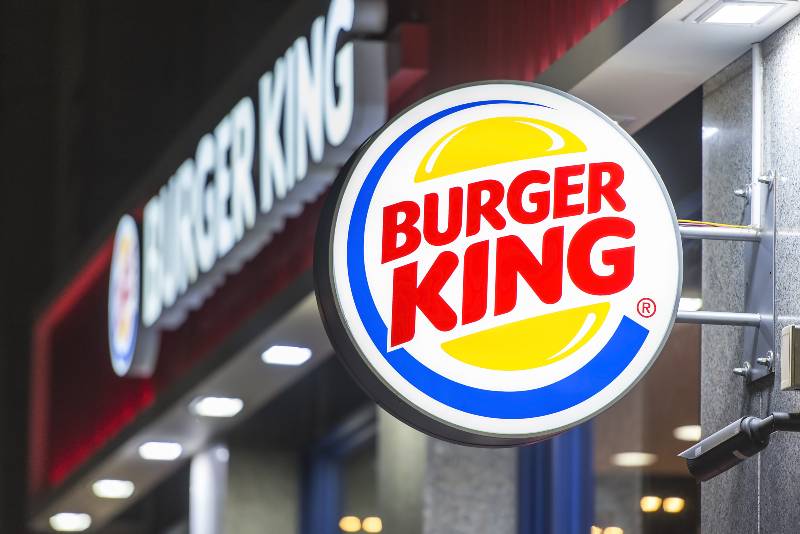Breaking News
Burger King Sued For Making Whoppers Look Bigger in Ads
Four patrons of fast-food giant Burger King sued the company in a class action complaint earlier Tuesday. The suit alleged that Burger King’s misleading advertisements cheated them by giving them lesser burgers.
RELATED: Vegans Sues Burger King for Impossible Burger Contamination
Burger King Faces Lawsuit For Misleading Whopper Sizes in Ads

Lawyer Anthony Russo filed the class action complaint on behalf of plaintiffs Walter Coleman, Marco DiLeonardo, Matthew Fox, and Madelyn Salzman.
Russo filed the lawsuit in federal court in Florida, where Coleman resides. They filed the complaint on behalf of everyone who bought a Burger King menu item based on their advertising.
These ads showed false and misleading images concerning the size and amount of ingredients contained.
Specifically, the complaint alleges that updated ads featured a burger that’s 35% bigger. It appeared 35% larger than the burger patty featured in pre-2017 advertisements.
However, the plaintiffs contend that Burger King’s Whopper never changed the recipe or amount of ingredients contained. As a result, consumers who already feel the pain of inflation, are suffering from misleading advertising.
Burger King Materially Overstates Size of Menu Items
Additionally, the lawsuit said that the fast-food restaurant “materially overstated” the size of every menu item it advertised.
The advertisement doubles the burger meat’s size in their ads compared to what the company actually serves.
As witnesses, the lawsuit referred to multiple YouTube users who specialize in food reviews. They also invited Twitter users who complained about the size difference in their orders.
There are websites and youtube channels that show how agencies use certain gimmicks to make their food look better. Some don’t even use the actual food when shooting advertisements and commercials.
This is not the first time Burger King faced accusations of misleading ads. Across the pond, the UK advertising authority called out BK in 2010.
They chastised the company for selling burgers that are less thicker and higher compared to their advertisements. The class-action suit demanded monetary damages. It also wanted a court order for Burger King to end its deceptive advertising.
Justice is Justice, Laws Are Laws
Jonathan Maze, the editor-in-chief of Restaurant Business magazine, believes most class action suits like this might lack merit.
However, the ensuing negative publicity can scare a company bored enough to enter into settlements. In 2020, a California judge awarded a $6.5 settlement in a class-action lawsuit filed against Chipotle.
The complaint alleged that its non-GMO advertising campaign was inaccurate and misleading.
Russo called for more transparent advertising in the industry. “Big or small, justice is justice, and laws are laws. Just because something happens to appear in someone’s opinion to be minor doesn’t mean that it is.
If I’m advertising a vehicle, you don’t Photoshop it to enhance it,” Russo noted. “Sure, maybe you shoot it in its best light, but certainly you don’t make it misleading. That’s really the basis for these kinds of lawsuits,” he mused.
Watch the Coffee with Pips episode talking about Burger King getting sued as the Whopper is not true to size:
Do you support the lawsuit against Burger King and other food companies for making advertisements that don’t look like actual products? Do you have a particular food product in mind that does not look like its image?
Tell us more about these misleading food products. Share your thoughts in the comments section below.